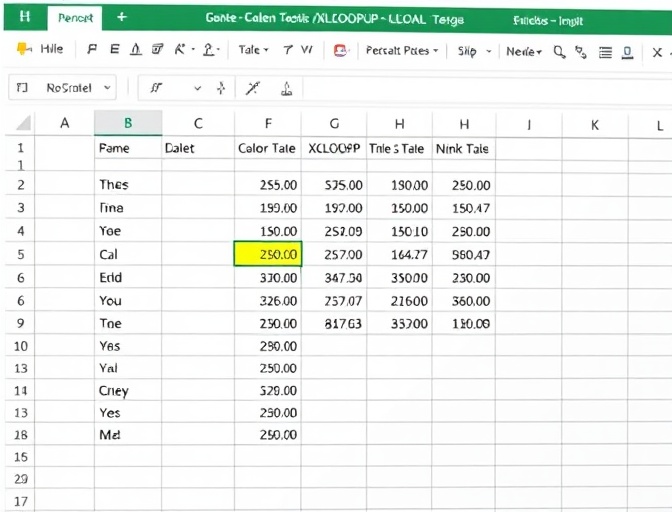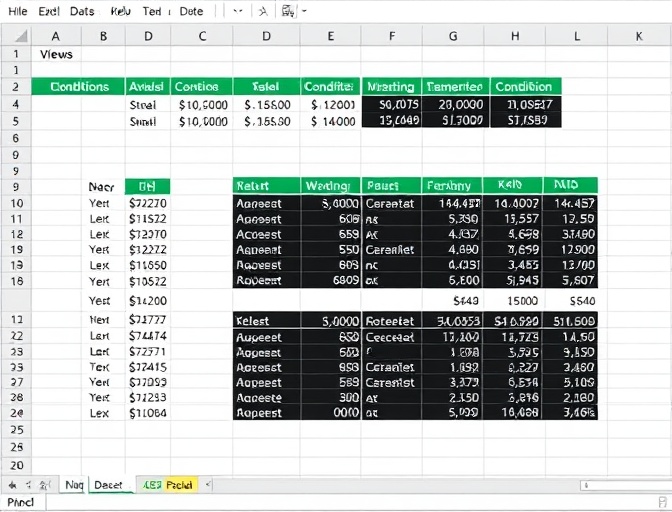Complete Guide to Excel BYROW Function
Discover the power of the BYROW function in Excel, enabling efficient row-wise data processing through LAMBDA applications.
What is BYROW in Excel?
Basic Definition
The BYROW function in Excel allows users to apply a LAMBDA function to each row of a given array, returning an array of results. This function simplifies the processing and analysis of row data.
- Supports dynamic array operations
- Can be combined with other functions like SUM and COUNT
- Allows customization of function logic using LAMBDA
- Automatically expands result ranges
Key Advantages
Enhances data processing efficiency with dynamic arrays
Offers greater flexibility for complex calculations
User-friendly interface for intuitive data interaction
Function Syntax
BYROW(array, LAMBDA(row, calculation))
array
The range of data to process with BYROW
LAMBDA
The custom function logic applied to each row
calculation
The computation to execute on each row
if_not_found (Optional)
Value to return if no result is found
match_mode (Optional)
Options for handling matches in the data
search_mode (Optional)
Specify the search direction within the data
Usage Examples
Basic Example

Looking up contact phone number for a specified customer ID in customer data table using Excel BYROW function.
=XLOOKUP(A2, B2:B10, C2:C10)
Advanced Example

Cross-sheet lookup with multiple matching results using Excel BYROW function.
=XLOOKUP(A2, Sheet2!B:B, Sheet2!C:E, "Not Found", 0)
Use Our Product, No Complex Functions to Memorize
Easily complete data lookup and analysis through a simple interface
Try NowTroubleshooting
#N/A Error
Common error when no match is found, can be handled by setting the if_not_found parameter
Data Type Mismatch
Ensure lookup value and range data types match
Performance Optimization
Use binary search mode to improve efficiency with large datasets
Function Comparison
| Feature | XLOOKUP | VLOOKUP | INDEX+MATCH |
|---|---|---|---|
| Lookup Direction | Bi-directional | Right only | Bi-directional |
| Multiple Column Return | Supported | Not supported | Supported |
| Error Handling | Built-in | Additional handling needed | Additional handling needed |
Start Using Our Product
Process data quickly through an intuitive interface without writing complex functions